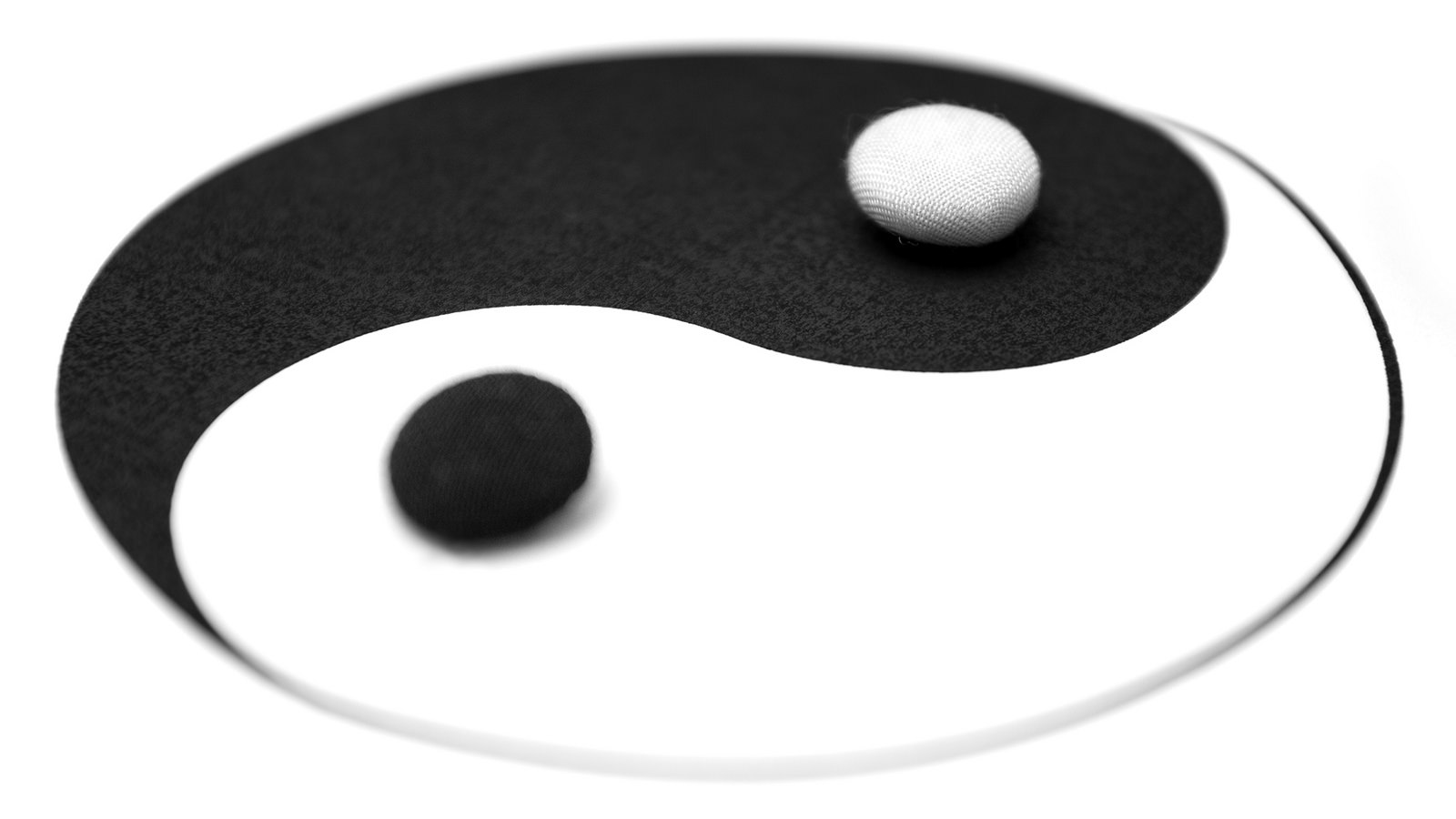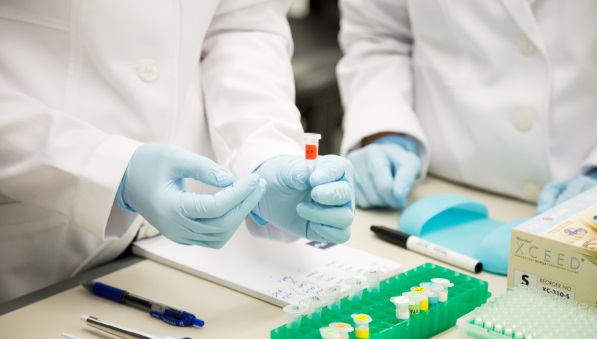News
- – Stanford News
Stanford undergrads awarded for honors theses | Stanford News
Thirty-eight Stanford graduating seniors were recently recognized for their honors theses. Each was awarded a bronze medal, citation and a monetary award.
- – Stanford Medicine
Inside a lab using worms to explore the sense of touch
The study of a tiny worm is giving researchers in the neuroscience lab of Miriam Goodman, PhD, clues into all the aspects of our sense of touch.
- – NINDS announces 2019 winners of the Landis Award for Outstanding Mentorship
NINDS announces 2019 winners of the Landis Award for Outstanding Mentorship | National Institute of Neurological Disorders and Stroke
The National Institute of Neurological Disorders and Stroke (NINDS), part of the National Institutes of Health, has announced the 2019 recipients of the Landis Award for Outstanding Mentorship.
- – Scope
Stanford team cracks key immune protein's crystal structure, separating its yin from its yang - Scope
Cracking the crystal structure of a protein complex centered around a major immune signaling protein, interferon-gamma, may speed its medical use.
- – Scope
Women scientists inhibited by funding methods that favor men, researchers say - Scope
Women in science could be losing ground because of research funding review methods that favor men, two Stanford researchers say.
Jackson Liang Receives Weintraub Graduate Student Award
Recent MCP graduate Jackson Liang (O'Brien Lab) received the prestigious Harold M. Weintraub Graduate Student Award. One of 13 national winners chosen for outstanding research achievement, Dr. Liang uncovered a new feedback mechanism that ensures homeostatic control of stem cell divisions during turnover of epithelial organs. Dr. Liang presented his work at a scientific symposium in honor of the late Hal Weintraub at Seattle's Fred Hutch Cancer Research Center in May.
Physics Professor Steven Chu selected as AAAS president-elect
Steven Chu, a professor of physics at Stanford University and the William R. Kenan Jr. Professor of Molecular and Cellular Physiology at the Stanford University School of Medicine, has been chosen as the president-elect of the American Association for the Advancement of Science (AAAS), an international nonprofit organization with a mission to “advance science, engineering and innovation throughout the world for the benefit of all people.”
3-D Protein Structure Offers Insight into Rapid Communication by Brain Cells
New research reveals how three proteins help brain cells synchronize the release of chemical signals. A similar interaction may play a role in how cells secrete insulin and airway mucus, too.
The Goldilocks effect: Dying cells signal to replacements to keep organ size “just right”
The size of organs like our hearts, stomachs, and lungs are predetermined during development. But how does this happen? The cells that make up these organs have limited lifespans. How do our bodies ensure that, as old cells die off and new cells take their places, our organs don’t grow abnormally large or shrink away?


